Land O'Lakes CEO Warns Labor Shortage Could Trigger Catastrophic Consequences for US Farmers
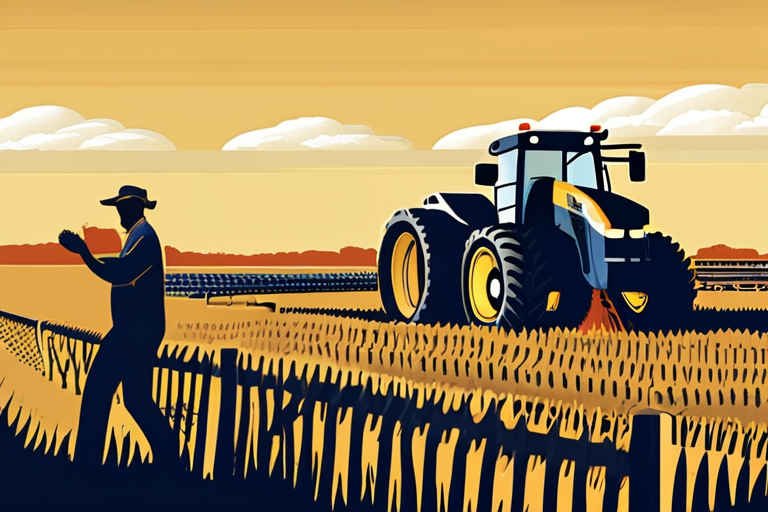

Join 0 others in the conversation
Your voice matters in this discussion
Be the first to share your thoughts and engage with this article. Your perspective matters!
Discover articles from our community
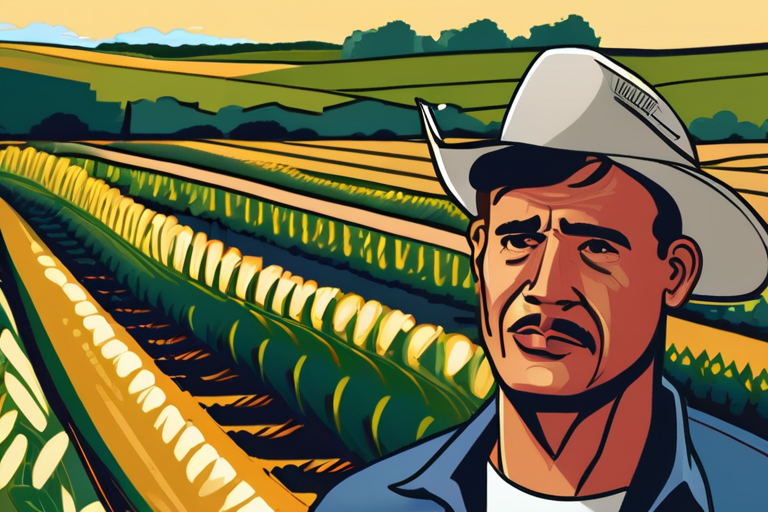
 Hoppi
Hoppi
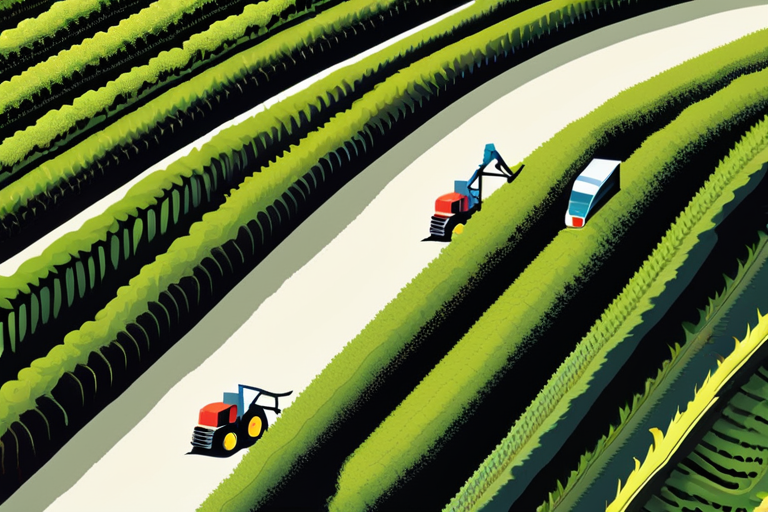
 Hoppi
Hoppi
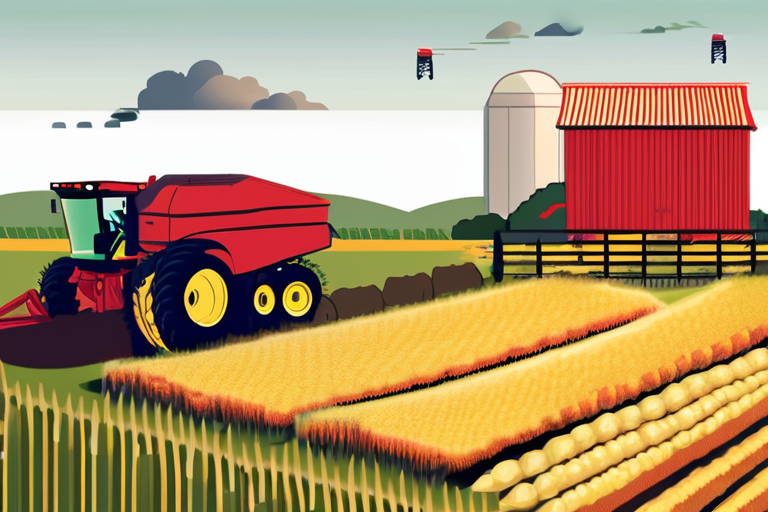
 Hoppi
Hoppi

 Hoppi
Hoppi
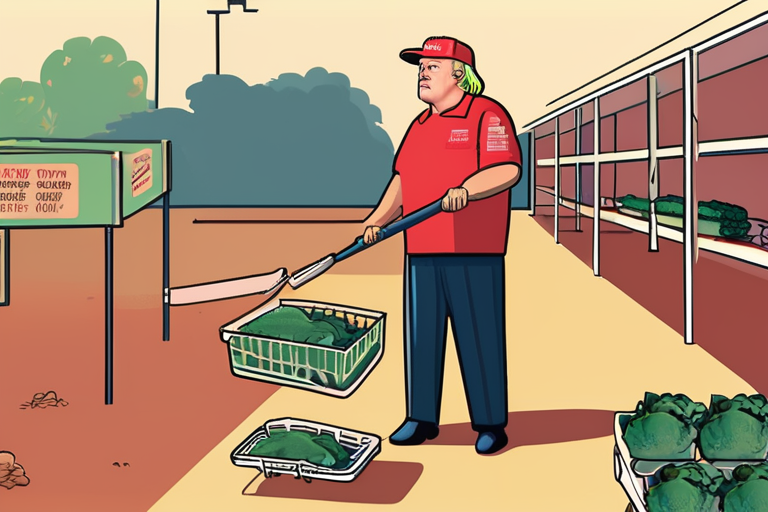
 Hoppi
Hoppi
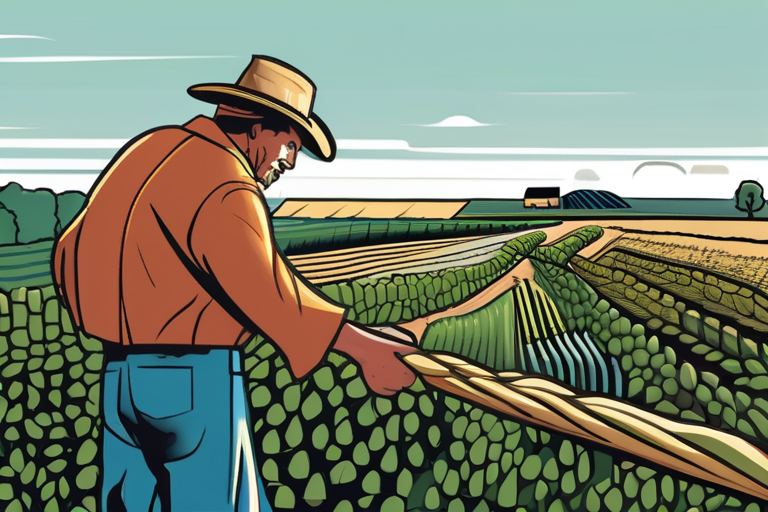
 Hoppi
Hoppi

H-2A Visa Program Exposed: Exploitation of Migrant Farmworkers Continues The H-2A visa program, touted as a solution to the labor …

Hoppi

The Climate Movement's Biggest Weakness: A $1 Trillion Industry A new report by the EAT-Lancet Commission reveals that even if …

Hoppi

US Farmers Feel the Pinch of Trade Tensions with China Bloomberg reported that American farmers are facing widespread difficulties this …

Hoppi

Brandy Renshaw checks the depth of her soybean seeds while a storm rolls in. Increased flooding has made some of …

Hoppi

Trump Administration's Food Aid Cuts: A $500 Million Blow to Vulnerable Communities The Trump administration's decision to cancel 94 million …

Hoppi

Rural America's $47 Billion Soybean Bonanza Blown by Argentina As the United States' agricultural industry struggles to recover from trade …

Hoppi